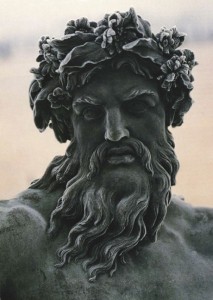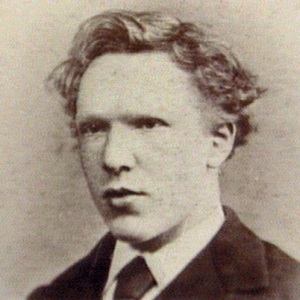The Train

His crusted laces snapped against the icy pavement as he stepped out onto the platform. It was past dusk, and the moon hung low in the deep black sky. The air was sharp and cold. The snow fell softly. The lone man next to him, wearing a square hat and a long dark coat of black, said the train would be here shortly. “You must be patient,” he said, staring off into the night, “the train will be here soon. You will see it faint in the distance, and it will look at first like a candle burning. That’s when you will know it is there.” His old voice was gentle, and indicated a sincere understanding. He felt that he could trust the man, and so he listened with childlike ears. “It will soothe you when you see it, and assure you of its certain presence. It will doubtless be a tremendous relief. But the longer you wait, the colder you’ll get, and you will begin to question if it will ever actually come. You will stand chilled and shaken by this incessantly bitter wind, and feel as if your time is wasted. I urge you now, you must endure—through all the cold bestows upon you. You must allow yourself to be warmed by the mere promise of its coming, and always keep Faith in its certain arrival. For as long as you do, it will grow brighter, and rival the moon in its sizeable glory. It will appear, you’ll see, as two eyes seeking—and then you will know it is coming for sure.” All the while he spoke, his eyes remained fixed, as if he could actually see the train without any tangible evidence of its reality. His careful, calculated diction suggested some kind of special insight into the matter, and kept his sole listener intrigued. “It may overwhelm you though, and it may confuse you, and it may even consume you in its screeching rapture. It will certainly shake the very ground that you stand on. But then you will hear as its bells come chiming, and know it’s arrived then to take you away.”
A few dense moments passed. The hostile, biting wind grew harsher, and the ever-thickening squall of snow piled up on their motionless shoulders. He just stood there, silently, staring out into the distance, thinking intently about what the man had just told him. Only the constant moon above filled the black void of the starless sky. There was something in the tone of the man’s voice that made his words so compelling. They instilled in him this sense of unyielding Hope. He felt that he could believe in what this stranger had professed. Perhaps it was that he reminded him so much of his father—a prudent old man—and he could cling to that like some kind of crutch. He could not think of any reason why he should doubt his sincerity, for was he not standing in waiting as well, subject the same to the cold tyranny of winter? And yet, as he stood there, the train would not come. His lips soon cracked, and his cheeks turned a ghostly white. With every breath he took, a phantom of vapour danced ominously before him. His vision became clouded, and his knees began to ache. The oppressive cold quickly became insufferable. I must endure, he thought to himself. I must find warmth in the promise of its coming. I must keep faith in its certain arrival. But still, it did not come. It had yet to even appear as a glint on the horizon.
Then suddenly, clutching at his chest, the old man took a feeble step forward. The sound of his boot crunching the ice beneath alarmed his lone acquaintance. He reached out so as to support the old man, but was met with a stubborn wave of the arm. “I’m okay,” he said, after a brief but ill coughing fit. “I’m okay. Just a tickle in the throat. It’s a chilly night out. I’m okay.” He stepped back so as to give his compatriot some space. This was the first indication of any weakness in the man’s solid demeanour. It came as a strangely unforeseen shock to him. He, almost against his own will, had placed so much credence in what the man had proclaimed, it was unfathomable to think that his sage-like words could perhaps be no more than conjecture. But they suddenly began to lose their prophetic value. How long has this old man been standing out here? He thought at last. There was no way any fool could be driven to such insanity unless he knew for sure what the final reward was. But how could he? It was a question he had yet to ponder, for the entire time he was so completely entranced by the man’s ardent resolve. How did he know that the train would be coming with such confidence? He must have seen it before, surely. But he was too afraid to ask him. There had to have been some kind of substantial reason why the man had been waiting here so long. There had to have been some merit in what the man had so zealously claimed. Otherwise, what? What was the reason for his being here? What is the reason for my being here? The thought that no train would come to provide them with shelter from this ever-worsening, ever-permeating cold was preposterous. It was absolutely Absurd. He could not accept the prospect. He just couldn’t—the consequences were too profound. And so he stood there, conflicted—shaken but faithful, uncertain but hopeful—knowing then that that was his only choice. There was no other way. He had to find warmth in the promise of its coming. He had to keep faith in its certain arrival. Or else… Or else there was nothing.
The old man broke out into another brief but violent coughing fit. He cleared his throat, then rubbed his tired eyes. His long grey beard—varnished now with a grim layer of frost—swayed ever so gently with the permanent wind. “You must be patient,” he said, staring dimly down upon the tracks, “the train will be here soon.”
– RA








